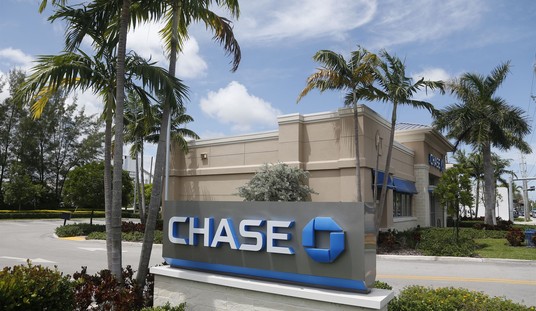Religion in American culture and politics returns to the news this week in a big way with the visit of Pope Benedict XVI.
Since Joseph Cardinal Ratzinger became pope, he has launched an unapologetic global campaign to reinforce Catholic doctrine and teaching on moral issues. Ultimately, he declares, there is more to being a Catholic than simply calling yourself one — a message he is coming here to teach.
Some of Pope Benedict’s comments have not been widely discussed. Encouraging the Mass to be said in Latin is not likely to make political waves one way or the other in America. It is not what you consider headlining fare for network news.
But, forcefully calling on Catholics to be true to Catholic teaching against abortion and same sex marriage is sure to get attention. Using words like “sin” and saying that Catholics who publicly support abortion might be denied communion would definitely make the news if a governor or United States senator were denied the sacrament. And taking Catholic university leaders back to school may well lead to newsworthy developments.
Any surprises from the Pope’s visit may well come from that final subject. More than a few Catholic universities have strayed from Catholic teaching, and some have even flaunted their disobedience to the Vatican as “independence” or as being “progressive.” Many of these universities have bestowed honors upon public officials or other prominent individuals advocating positions on abortion, sexuality, definitions of family, and other matters that are diametrically opposed to Catholic doctrine. He will be meeting with university presidents who lead institutions of diverse levels of fidelity to Catholic teaching from Franciscan University to Fordham and Georgetown universities.
Pope Benedict has taken the unprecedented step of summoning the presidents of Catholic universities across America to meet with him this Thursday. It is widely expected that he will reason with and challenge these university leaders to stop glorifying those who oppose the church. After all, they are not simply universities, they are Catholic universities, and it is not too much to expect a religious institution would stay true to its calling.
Recommended
The values being denigrated at too many Catholic universities are not solely Catholic. They do not concern distinctly Catholic doctrines such as those regarding the Virgin Mary or the authority of the Vatican. They are teachings about human nature, moral absolutes, and other issues shared by all denominations of the Christian faith and other non-Christian faiths as well.
Often, these attacks are not against particular moral teachings, they are instead against the religious foundations of those teachings. Many academicians and institutions enthusiastically ridicule people of faith, and religion in general. And many in the media are happy to carry water for them, give them favorable coverage, and characterize people of faith as knuckle-dragging Neanderthals.
A false dichotomy is being erected by some to pit faith against reason. The implication is that those advancing faith are somehow anti-scientific, or anti-intellectual, or opposed to the acquisition of knowledge and understanding.
Franciscan University in Steubenville, Ohio, was the first American university to take a public oath to remain faithful to its Catholic calling. They do not see a competition between being academically challenging and passionately Catholic. Franciscan, Catholic University, and others — whose goals are to be authentically Catholic — are in sharp contrast to the likes of Georgetown University.
Pope Benedict should seize this opportunity as a teachable moment. Faith and reason do not have to be at odds. Far from it.
The purpose of universities is to pursue truth. In fact, the word “university” means a place where the universe and all within it is studied. And the Catholic Church has a rich history of higher education that has informed many leaders throughout the world — among them, Secretary of State Rice, and King Abdullah II of Jordan.
Religion, at least in the Judeo-Christian model, claims to be truth. In addition to questions of death and the hereafter, it has relevance for everyday life. It establishes norms and standards for individual behavior and for society as a whole.
So if religion claims to proclaim truth and universities are dedicated to pursuing truth, these two need not be at odds. The tension between faith and reason tension is artificial, which Pope Benedict should expose.
But by creating a false dichotomy, unnecessary conflicts are created. Often those pressing these conflicts are militant secularists or advocates of lifestyles, practices or activities that are generally considered immoral by Judeo-Christian standards. They are intended to discredit people of faith, reducing their impact in the public square.
Pope Benedict is a theologian and scholar who is not afraid to engage popular culture. During his visit, he will not tell university leaders to abandon scientific endeavors. His call for Catholic institutions to be true to Catholic doctrine should not in any way interfere with their academic mission.
Instead, Pope Benedict will challenge these academic leaders to follow a Franciscan University-like model that extols the unity of faith and reason. Fervent faith and studious academic research can go hand-in-hand. If one is about truth and the other is about searching for truth, faith and reason can both be advanced on American campuses of Catholic institutions of higher education.

























Join the conversation as a VIP Member